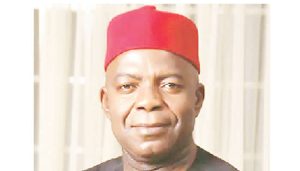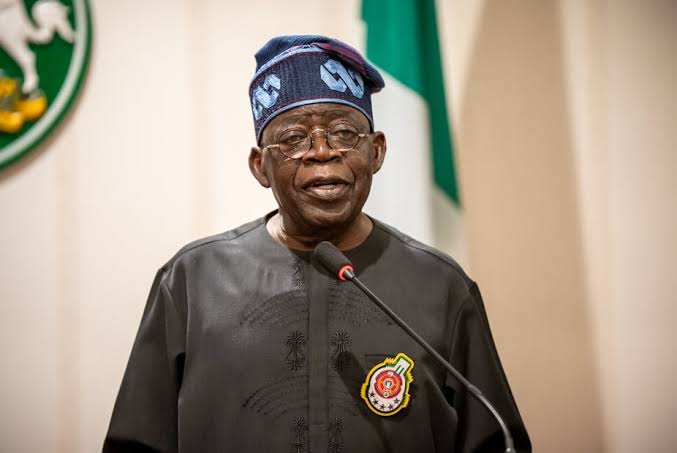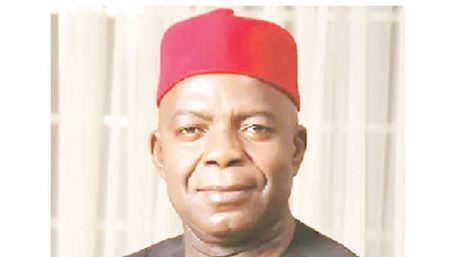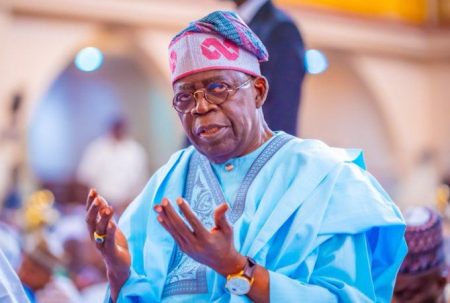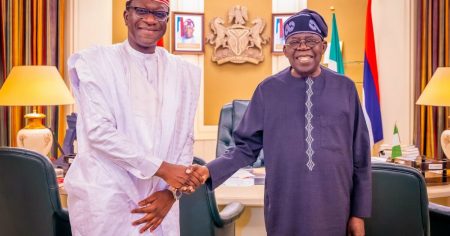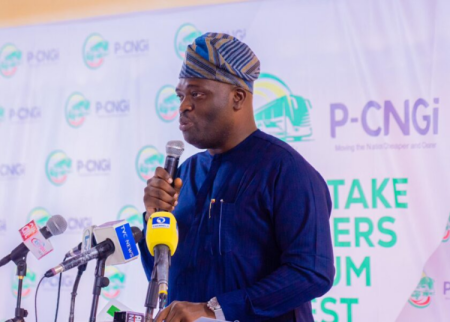President Bola Tinubu announced a significant fiscal milestone for Nigeria, declaring that the nation had achieved its 2025 revenue target ahead of schedule, eliminating the need for further borrowing to finance its budget. This achievement, attributed to the administration’s successful non-oil revenue drive, underscores a shift away from dependence on crude oil and external loans. Tinubu proudly proclaimed that the revenue target was met by August, providing a strong foundation for fiscal stability and self-reliance. This achievement marks a departure from previous budgetary practices where borrowing was a common tool to address fiscal deficits. The President’s announcement signifies a move towards greater fiscal autonomy and a reduced reliance on external funding sources.
The President linked this revenue success to the stabilization of the naira exchange rate following the unification of foreign exchange windows. He highlighted the appreciation of the naira from over N1,900/$ to about N1,450/$, attributing this positive trend to the increased transparency and efficiency in the foreign exchange market. This stabilization, he argued, has facilitated trade and job creation by removing bureaucratic hurdles and fostering a more conducive business environment. By eliminating the need for special connections within the Central Bank of Nigeria (CBN), the unified exchange rate system promotes fair competition and encourages economic growth.
The 2025 Appropriation Act outlined a revenue target of N18.32 trillion to fund a budget of N28.78 trillion. This ambitious budget, reflecting the administration’s focus on diversification, included N7.94 trillion from oil revenue and N10.39 trillion from non-oil sources. The budget projections were based on an assumed average oil production of 1.78 million barrels per day at a benchmark price of $77.96 per barrel and a naira-to-dollar exchange rate of ₦750. Surpassing this target signifies a substantial increase in government revenue, providing resources for development initiatives and potentially reducing the budget deficit. This accomplishment underscores the efficacy of the government’s revenue diversification strategy, demonstrating the potential for non-oil sectors to contribute significantly to the national economy.
Despite the potential economic challenges posed by US President Donald Trump’s trade policies, including a 10% tariff on all imports and country-specific levies of up to 50%, with Nigeria facing a 15% duty, President Tinubu expressed confidence in Nigeria’s resilience. He emphasized that the country’s diversified revenue base and domestic reforms would mitigate the impact of these external pressures. While acknowledging the potential for global demand disruptions to affect oil-producing nations, Tinubu highlighted the administration’s focus on long-term economic stability through agricultural mechanization and food security initiatives. By prioritizing domestic production and reducing reliance on imports, the government aims to insulate the Nigerian economy from the fluctuations of global trade policies.
President Tinubu further emphasized the government’s commitment to agricultural development and food security, emphasizing the link between eradicating hunger and alleviating poverty. He announced a significant investment in a nationwide mechanization program with regional training centers, aiming to boost agricultural productivity and enhance food security. This investment reflects a strategic focus on strengthening the agricultural sector, not only to address food security challenges but also as a driver of economic growth and job creation. By empowering farmers with modern technology and training, the government aims to transform the agricultural sector into a major contributor to national development.
In addition to these economic pronouncements, President Tinubu also addressed political matters, pledging to build a “Buhari House” in honor of his predecessor. This gesture symbolizes the continuity of the administration’s goals and its commitment to honoring the legacy of former President Muhammadu Buhari. Tinubu underscored the importance of unity within the ruling All Progressives Congress (APC) and reaffirmed his confidence in the administration’s course, assuring party members of eventual success. This appeal for unity reflects a broader strategy to maintain political stability and ensure continued support for the government’s agenda. By emphasizing the shared vision and legacy between his administration and that of his predecessor, Tinubu seeks to consolidate political support and project an image of continuity and progress.


